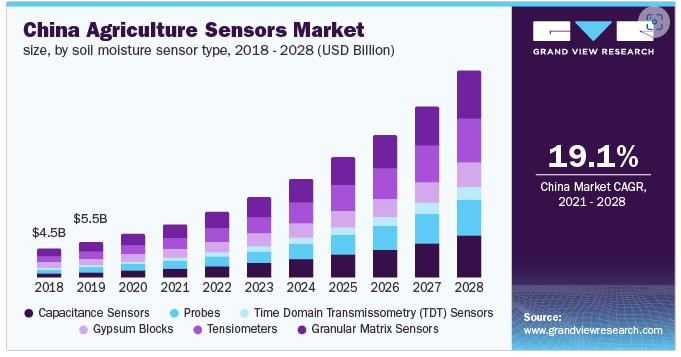Accelerating agricultural transformation in Ghana
A student from Leiden University Produced a Master Thesis (2022) on the evaluation of sensor technology in the context of Ghanaian horticulture. The benefits of protected cultivation (horticulture) are widely seen and accepted in Ghana. Sensor technology could be the next step. The potential is seen by Ghanaian farmers, but the costs are still too high.
One of the conclusions states: “Farmers with a neutral outlook on the digital transition see the necessity of innovation for reaching food security, in combination with a large potential market of underserved consumers. However, with current prices, smallholder farmers will lose because of affordability issues. While in principle and in the long-run everybody can win, given the lesser need for agricultural inputs, this is conditional upon the existence of a regulatory body that guarantees some level of quality and safety of what is getting out on the market.”
That means that the challenge is to introduce sensor technology on a low-cost level. But that can only be done, it is argued, if the capacity for agriculture and horticulture in general is raised. It should not be done as a standalone innovation. Recommendations are made to set up experiments on affordability to reach proof of concept, before introducing such sensor technology on a larger scale especially among the poorer farmers.
(Accelerating Agricultural Transformation, Exploring the Role of Frugal Innovation in Increasing the Adoption of Remote Sensing Technology in West African Greenhouse Farming, Willem Jansink 15/11/2022 – Master Thesis, Leiden University).
